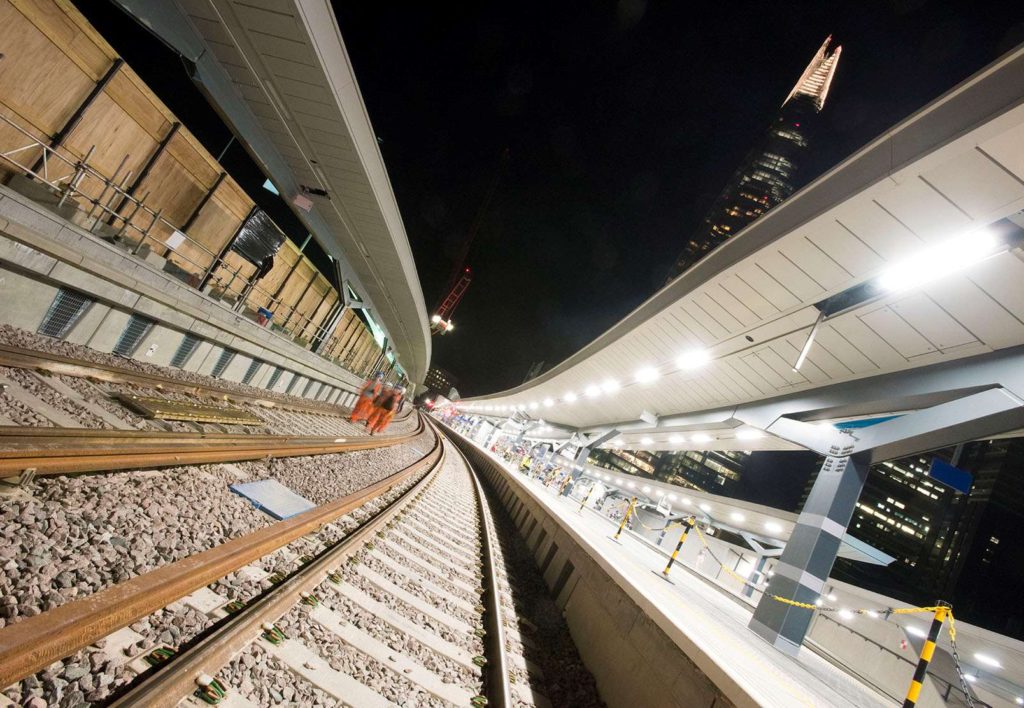Rail franchising reaches the terminus as a new railway takes shape

Ministers today ended rail franchising after 24 years as the first step in bringing Britain’s fragmented network back together.
The new system, creating a simpler and more effective structure, will take shape over the coming months. The first stage, today, is moving operators onto transitional contracts to prepare the ground for the new railway.
From this morning, franchising is replaced with more demanding Emergency Recovery Management Agreements (ERMAs). These address the continuing impact of the pandemic on the railway and delivers on a Government commitment to replace the current franchising system.
These management agreements have tougher performance targets and lower management fees. The new contracts allow us to make an early start on key reforms, including requiring operators to co-ordinate better with each other and driving down the railways’ excessive capital costs.
Management fees will now be a maximum of 1.5% of the cost base of the franchise before the pandemic began. The ERMAs are a transitional stage to the new system, the biggest change to the railways in a quarter of a century.
Under current public health guidance, the intention is also for operators to run an almost a full service, to ensure there is space to help passengers travel safely.
ERMAs pave the way for wider rail industry reform that prioritises the passenger. In 2018 Keith Williams, the chairman of Royal Mail, was asked to review the railways after a chaotic timetable change and the failure of some franchises.
Today’s announcement, which has his full support, is the prelude to a White Paper which will respond to his recommendations. The White Paper will be published when the course of the pandemic becomes clearer.




